
Click the blue text “Jing Yi Guoxue“
Light up a little star for the dissemination of Traditional Chinese Medicine
This article has been reviewed by the “Professional Review Team” of Jing Yi TCM Academy
▼
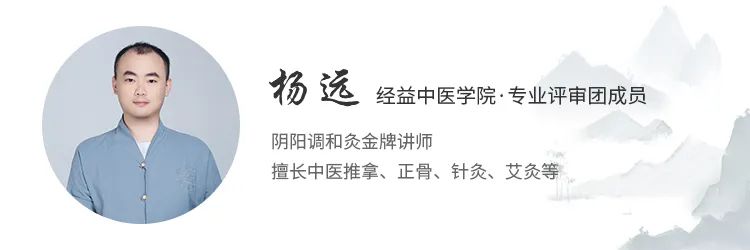
At my previous workplace, there was a young man who was afraid of the cold in winter and also afraid in summer.
Now, in the middle of summer, especially during the plum rain season in Jiangnan, it is both stuffy and humid. Staying outside for a while feels like being in a sauna, and staying in an air-conditioned room is incredibly comfortable.

However, while others feel cool, he feels cold, and after a while, his hands and feet become icy.
He has to put on a jacket.
If you experience this situation, you need to pay attention; your physical condition is not very good, and you are in a sub-healthy state.
In TCM terms, this is called – Yang Deficiency.
So why is Yang more easily harmed in summer?
This is because summer is hot, and all things grow, with Yang energy external and Yin energy internal. The Yang energy in the body is abundant on the skin while the internal organs are relatively empty, making the surface of the body hot while the inside is cool.
Due to the summer weather, people tend to prefer cold and chilled foods, wear insufficient clothing, overwork, stay up late, or live in cold and damp air-conditioned environments, which can harm Yang energy.
Therefore, summer is actually more likely to deplete the body’s Yang energy than other seasons.
Additionally, summer corresponds to the heart in the five elements, and the heart is associated with fire.
The Huangdi Neijing states, “Nurturing Yang in spring and summer, nurturing Yin in autumn and winter,” indicating that summer health primarily focuses on nurturing Yang.
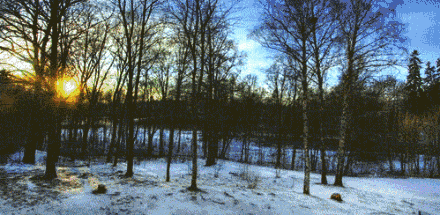
What are the dangers of Yang Deficiency?
In the Suwen: Shengqi Tongtian Lun, there is an accurate explanation of Yang energy: “Yang energy nourishes the spirit when refined, and softens the tendons when gentle.” This means that
the stimulation of Yang energy makes one feel invigorated, and the warmth of Yang energy makes the joints and tendons flexible.
TCM believes that, “Cold is a Yin evil that easily harms Yang energy,” and “When Yin is excessive, Yang becomes ill.” Cold nature stagnates and easily damages the body’s Yang energy. The movement of Qi, blood, and body fluids relies on the warmth of Yang energy to promote circulation;
Thus, insufficient Yang energy can easily lead to fatigue, depression, joint and muscle pain and stiffness, dysmenorrhea, delayed menstruation, infertility, edema, sensitivity to cold, and various pain syndromes.
What are the symptoms of Yang Deficiency?
1.Cold intolerance and cold extremities
This is the primary symptom of Yang Deficiency. Many women with Yang Deficiency cannot tolerate cold before and after menstruation; even slight exposure to cold can make them more sensitive, leading to delayed menstruation or dysmenorrhea.
Yang energy is like the sun in nature; when Yang energy is insufficient, the internal environment will be in a “cold” state.
2.Incomplete digestion
This refers to the presence of undigested food in the stool. The ancients had a vivid metaphor for this phenomenon: the digestion of food is like cooking raw rice into cooked rice; the stomach is like the pot, and Yang energy is like the fire. Without “fire,” the rice cannot be cooked into “rice.”
Therefore, when Yang energy is insufficient, the food entering the stomach cannot be properly “digested” and is expelled directly from the intestines.
3.Fatigue
Insufficient Yang energy manifests as lethargy and lack of motivation.
4.Pale and swollen tongue, or with tooth marks
The consumption and metabolism of body fluids depend on the evaporative function of Yang energy.
If Yang energy is weak, there will be insufficient evaporation and consumption of excess body fluids, leading to a swollen tongue.
A swollen tongue may show tooth marks due to pressure from the teeth.
5.Weak and thin pulse
Insufficient Yang energy cannot stimulate the blood vessels, resulting in a weak and thin pulse.
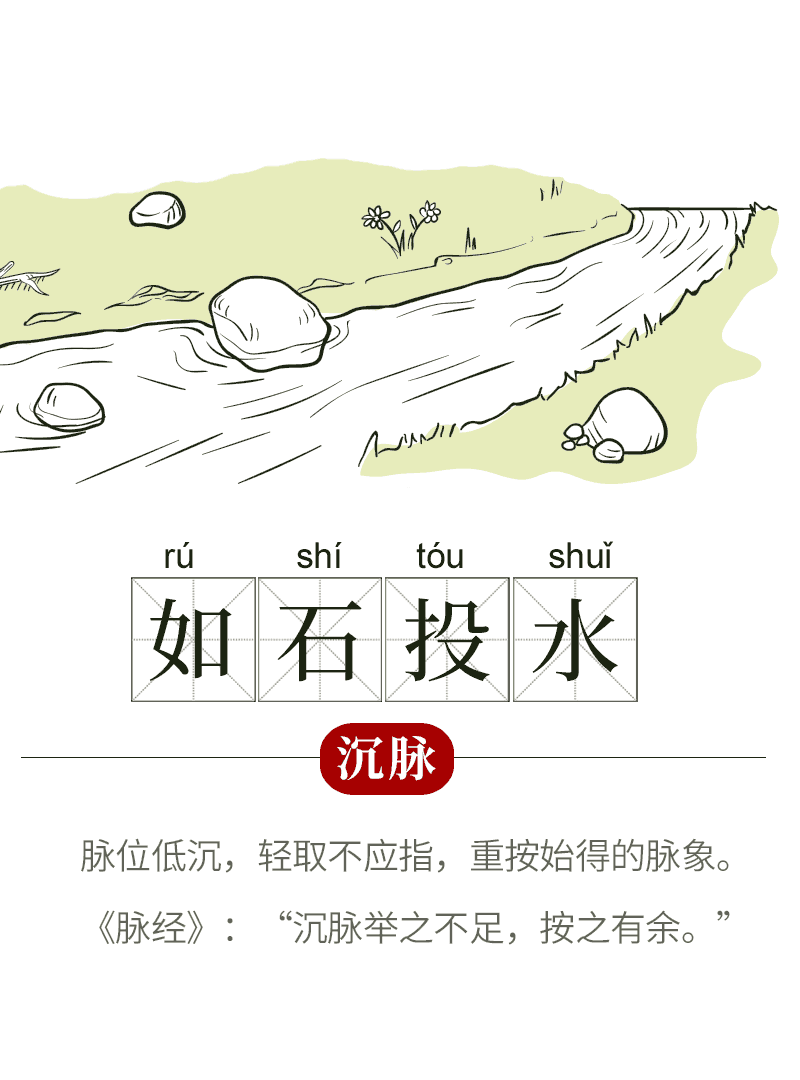
Additionally, when someone with Yang Deficiency gets sick, it often manifests as a cold syndrome: for example, when others catch a cold, they may have a sore throat, yellow nasal discharge, yellow phlegm, and inflamed tonsils.
However, a person with Yang Deficiency catching a cold will have clear nasal discharge, sneezing, itchy throat, and produce clear, thin white phlegm, reflecting a cold pattern.
Where does Yang energy come from?
Yang energy is divided into two parts: one is the innate Yang, or Yuan Yang; the other is acquired Yang.
Innate Yang comes from parental inheritance; it is like a spark, an energy source;
Acquired Yang comes from the food we eat.
Just like a bonfire, having only a spark is not enough; you also need wood for the fire to continue burning. The kidneys are our innate spark; the spleen and stomach are our acquired fuel.
How to nourish Yang energy in summer?
1.Avoid cold foods, eat warming foods to nourish Yang
Diet should be moderate. Avoid overeating and be cautious with cold drinks to prevent damage to the Yang energy of the spleen and stomach. It is advisable to consume some warming foods to replenish the Yang energy of the spleen and stomach that has been depleted.
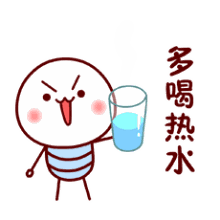
According to the principle of “nurturing Yang in spring and summer,” one can choose foods that help to nourish and promote Yang energy, such as Dang Gui (Angelica Sinensis) lamb soup. During the summer’s hottest days, one can consume Fu Zi (Aconite) porridge or lamb soup with Fu Zi once during each of the three hottest periods to enhance the body’s Yang.
2.Engage in activities to boost Yang, and do not shy away from the sun
In summer, the external Yang energy is at its peak, and individuals with Yang Deficiency should engage in outdoor activities to stimulate their own Yang energy, promote Qi and blood circulation, and nourish Yang energy, but avoid excessive exercise and ensure sun protection when going out.
The best time for exercise is around 7-8 AM in summer when the sunlight is neither too strong nor too weak.
The air quality is also freshest at this time, as plants begin to release oxygen through photosynthesis. This is the best time for exercise.
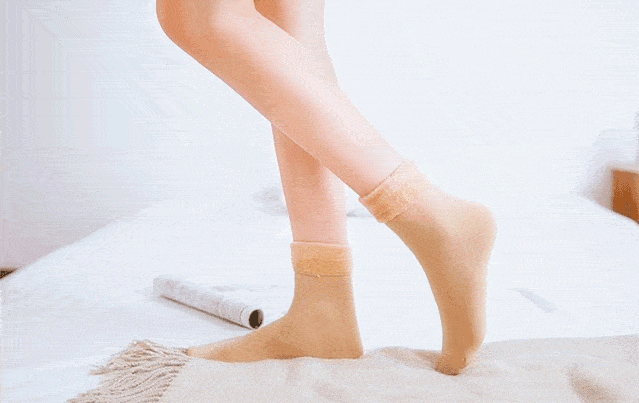
3.Massage the Yongquan point
The Huangdi Neijing states: “The kidney energy emerges from the Yongquan point, which is located at the sole of the foot.”
This means that the energy of the kidney meridian is like water from a spring, originating from the feet and nourishing the entire body. One should frequently massage the Yongquan point during free time.
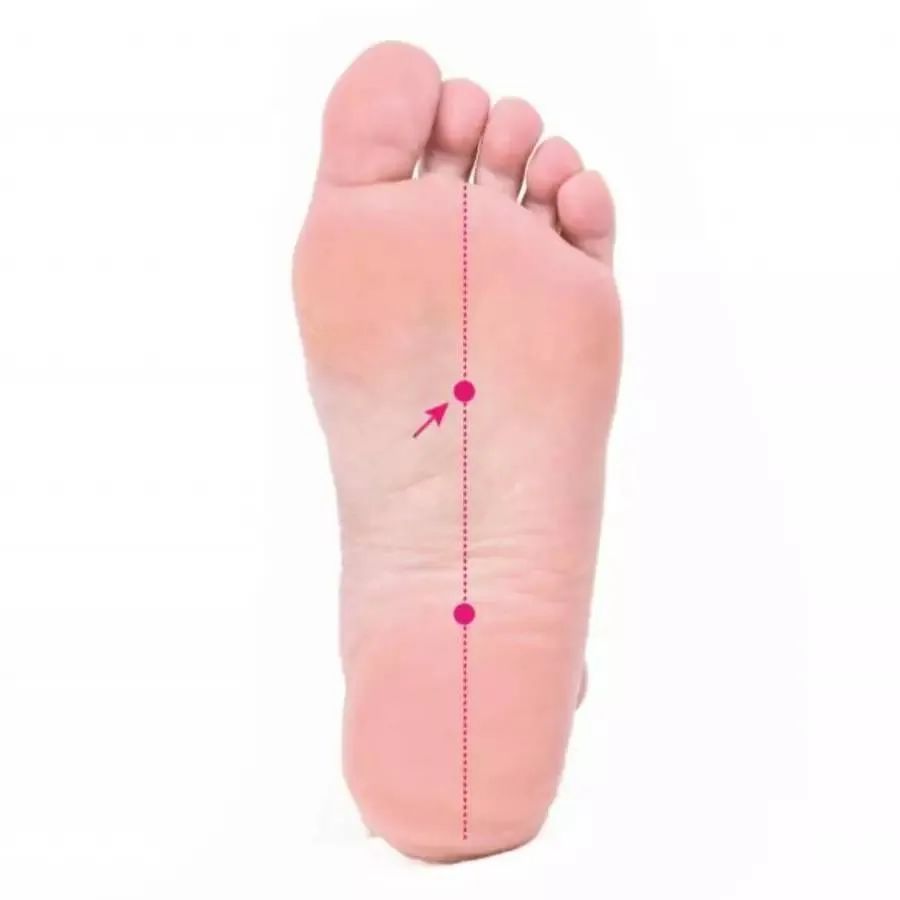
— Previous Reviews —💐 Summer Yang Protection | Why the back of the head is a “soft spot” even the immortals fear?💐 Essential knowledge for learning acupuncture, detailed explanation of the five transport points (the article is a bit long, recommended to save and share)💐 Every time you get angry, a nodule forms in your body💐 A magical herb that strengthens the stomach and is suitable for all Yin Deficiency symptoms💐 Sweating a lot in summer? Try this sweet water recipe
Click to see
Send your teacher a little flower

